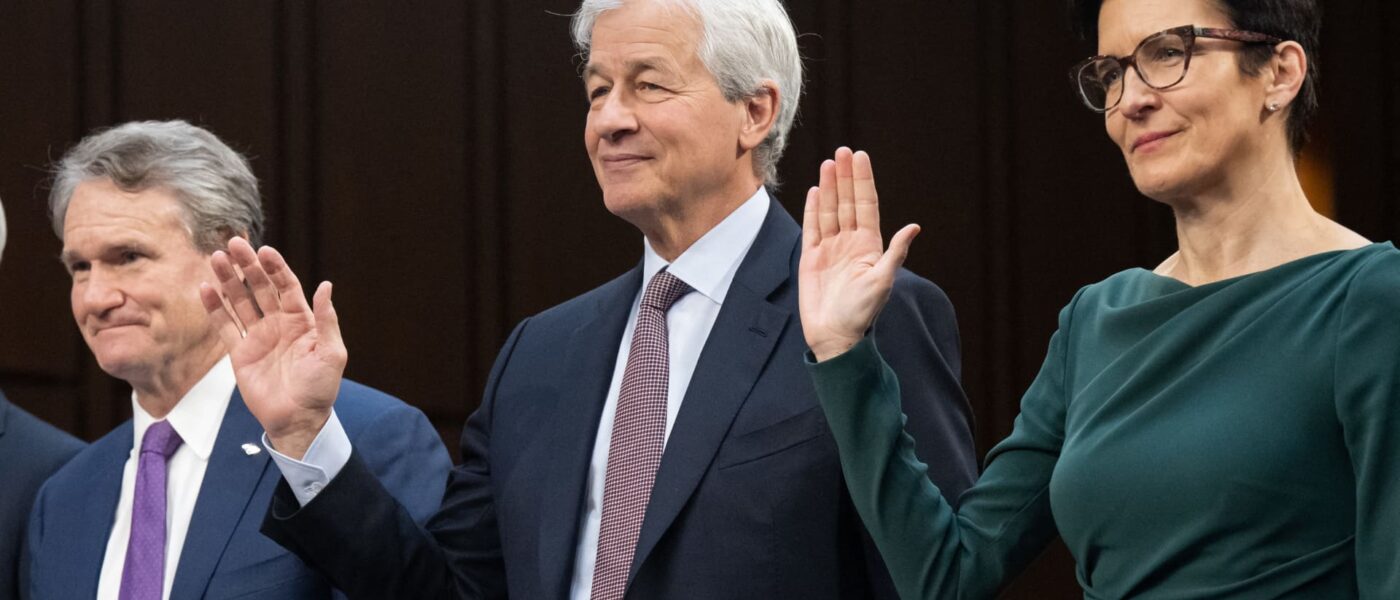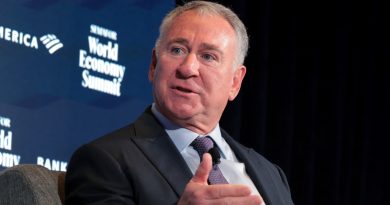Banks are thriving so far in Trump’s economy. Here’s what that means
Nearly everywhere you look in the world of finance, things are going surprisingly well — at least for now.
Wall Street is humming thanks to a boom in stock and bond trading and a pickup in corporations acquiring competitors and taking out massive loans. At the same time, Main Street is holding up as the American consumer continues to spend, borrow and repay loans, according to reports this week from the largest U.S. banks.
It makes for an unusually profitable environment for financial firms. The six biggest U.S. banks generated about $39 billion in second-quarter profit, outstripping analysts’ expectations and collectively jumping more than 20% from core earnings a year ago.
It’s a remarkable result after a tumultuous start to the quarter. The period began with shock and plunging markets on April 2 over President Donald Trump’s sweeping “Liberation Day” tariffs. JPMorgan Chase economists said at the time that the policies would probably cause a recession this year.
But markets roared back after Trump responded to distress signals coming from U.S. bonds and delayed the most punishing tariffs on most trading partners. Investors have begun to tune out the administration’s barrage of tariff pronouncements as bluster or noise, and corporate leaders are stepping off the sidelines to pull off multibillion-dollar transactions, bank results show.
“Look how far the world’s come in three months,” Wells Fargo banking analyst Mike Mayo told CNBC. “Throughout the quarter, you had a pickup in investment banking, loan growth and optimism with economic scenarios. Here we are, with talk of a recession pretty much absent.”
That dynamic was clear at JPMorgan, the largest and most profitable U.S. bank. It produced about $15 billion in quarterly profit, which is nearly as much as the next three largest banks combined.
Trading benefited from turbulent conditions in the quarter as Trump roiled markets with rapidly evolving policy statements. But the real surprise came from investment banking, which involves mergers advice, IPOs and debt and equity issuance. Revenue at JPMorgan jumped 7%, producing $450 million more than analysts had expected, just weeks after managers had warned of an approximate 15% decline.
“The pickup in investment banking fees, to some extent, reflects people accepting uncertainty and deciding to move on with transactions,” JPMorgan CFO Jeremy Barnum told reporters on Tuesday. “The corporate community has sort of accepted that they just need to navigate through this.”






